Review: THE TILL TRILOGY at Mosaic Theater Company
The production runs from October 4 through November 20.
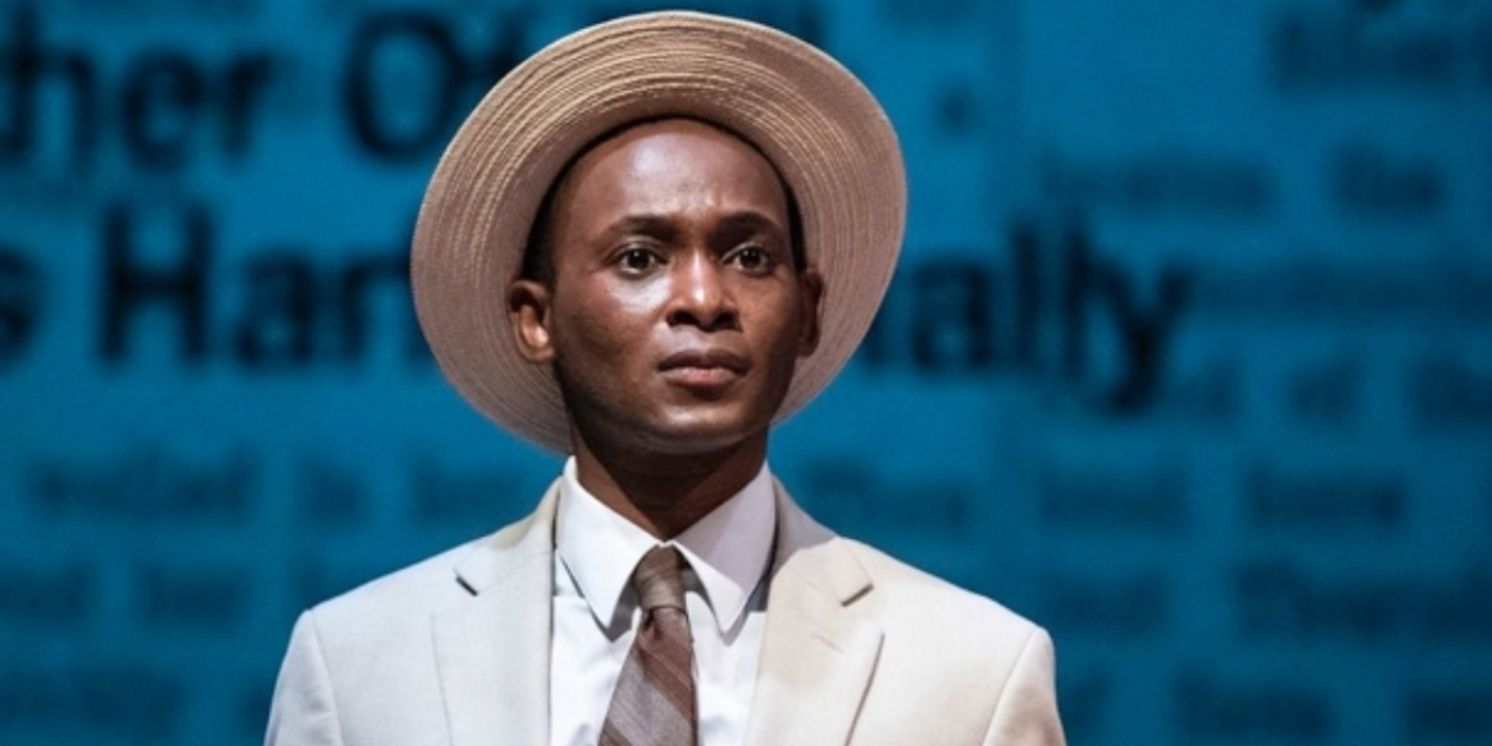
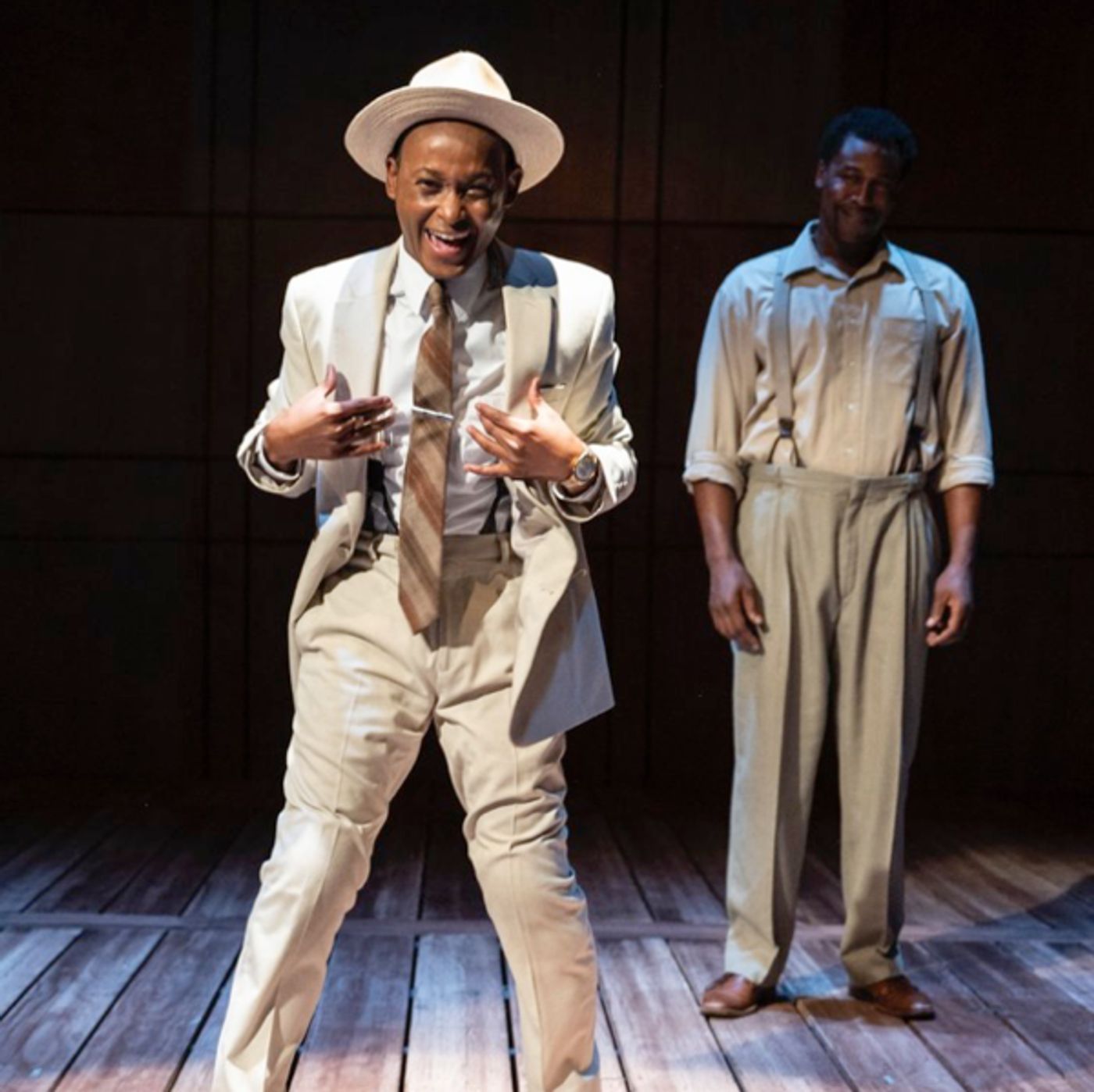
Mosaic Theater Company's production of The Till Trilogy is a three-part play puzzling together the pieces of the tragic story of Emmett Till's lynching. This piece is unlike anything I have ever seen. It beautifully brings together the fun and playful aspects of Emmett, making the tragedy even more heart wrenching than you initially knew it to be. Writer, Ifa Bayeza, presented a hefty task with an immaculate moment in history and Director, Talvin Wilks, rose to the occasion to transport you right into 1955, as if you personally knew those involved.
We begin the two-day event with part one: The Ballad of Emmett Till. The unraveling of the summer that will go down in history. Wary of knowing the end-result, you feel like you're watching a lamb raised for slaughter. The dramatic irony is present amongst the audience, but once the production starts you can't help but be captivated by the performance of Antonio Michael Woodard (Emmett "Bo; Bobo" Till). Telling this story is of monumental importance and you can see Woodard holds this task to the highest standard. It's as if the bright-eyed Bo from Chicago is standing right in front of you - cracking jokes in his white suit with his special hat, charming those around him with his infectious energy. Again, making the ending even more difficult, feeling as if you've lost someone close to you. Mannerisms, movements, spoken rhythm - everything was done so flawlessly and naturally by this immensely talented actor.
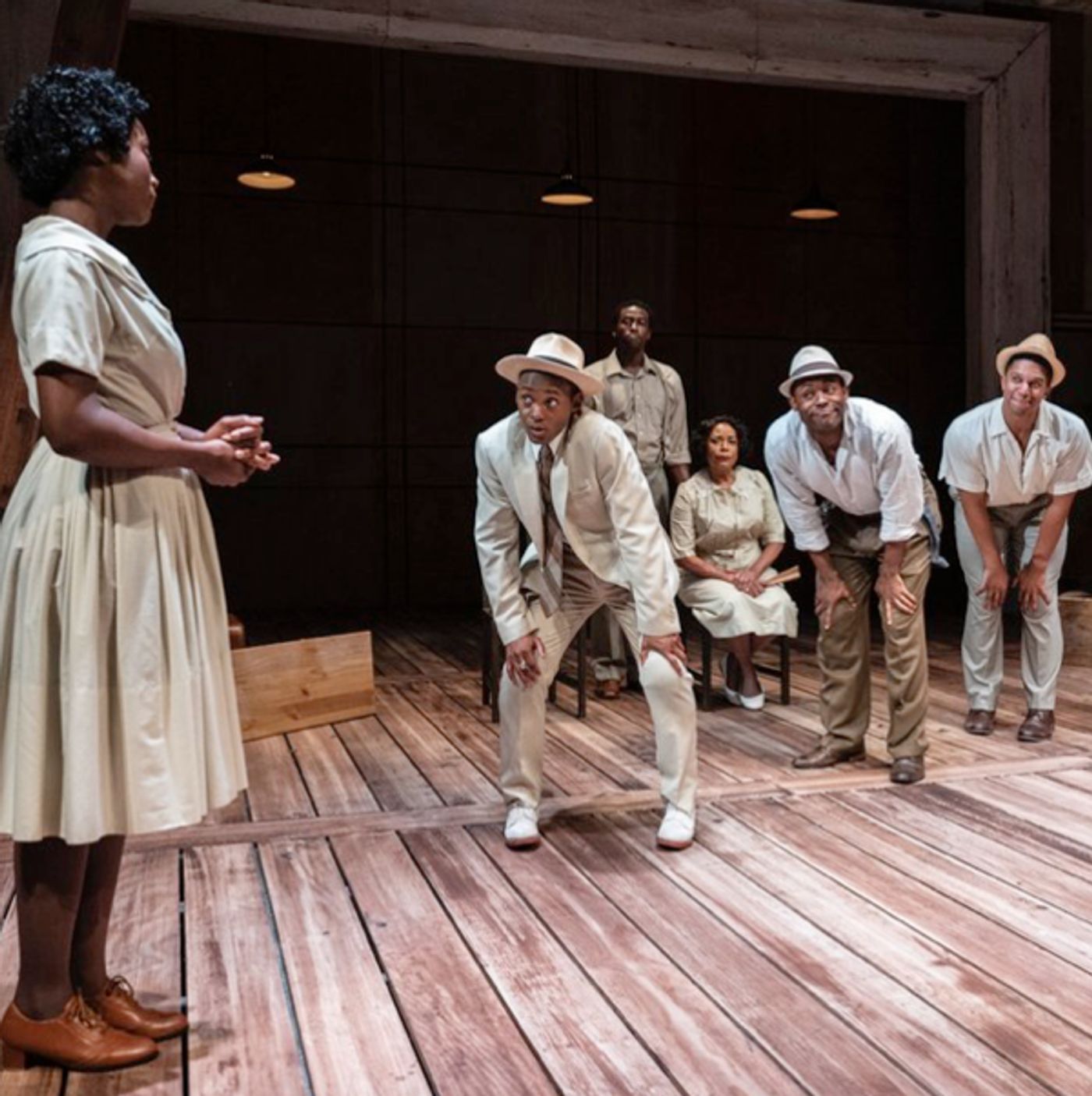
Though our focus is on Bo for this first show, the story cannot be told without those around him - especially his mother, played by Billie Krishawn, Mamie Till-Bradley. No one can imagine the pain Mamie went through that dreadful summer, yet she does not back down to show the world the disaster she has been faced with. Krishawn portrayed the worries every parent fears when their child goes off on their own in such a personal way. The resilience she had to present after her child was brutally taken from her - a truly grueling task - was amazing. Krishawn embodied not just Mamie, but every other character she took on as well (Simeon Wright and Caroline Bryant). She was in the story as if it were real life. Her reactions felt genuine and she gracefully brought each character to life with the tiniest motions and facial expressions.
Completing the cast of The Ballad of Emmett Till, we have Rolonda Watts (Mamoo, Heluise Woods, and Miss Lizabeth), Jaysen Wright (Wheeler Parker and Roy Bryant), Jason Bowen (Mose Wright, Johnny B. Washington, and H.L. Loggins), and Vaughn Ryan Midder (Maurice Wright, Ruthie May Crawford, and J.W. "Big" Milam), all bringing together those who complete this story. Every person in this group knew this story needed to be told as close to perfect as it could be, and they certainly delivered. There were many hats that had to be worn and everyone worked in tandem with each other. With the many characters being taken on by such a small cast, it can be difficult for it to translate to the audience who is who at which moment. There was no struggle with this talented group. From making a turn, to altering their costume, to switching the accent, you knew when someone new had entered the scene - leaving much up for interpretation, but never causing confusion.
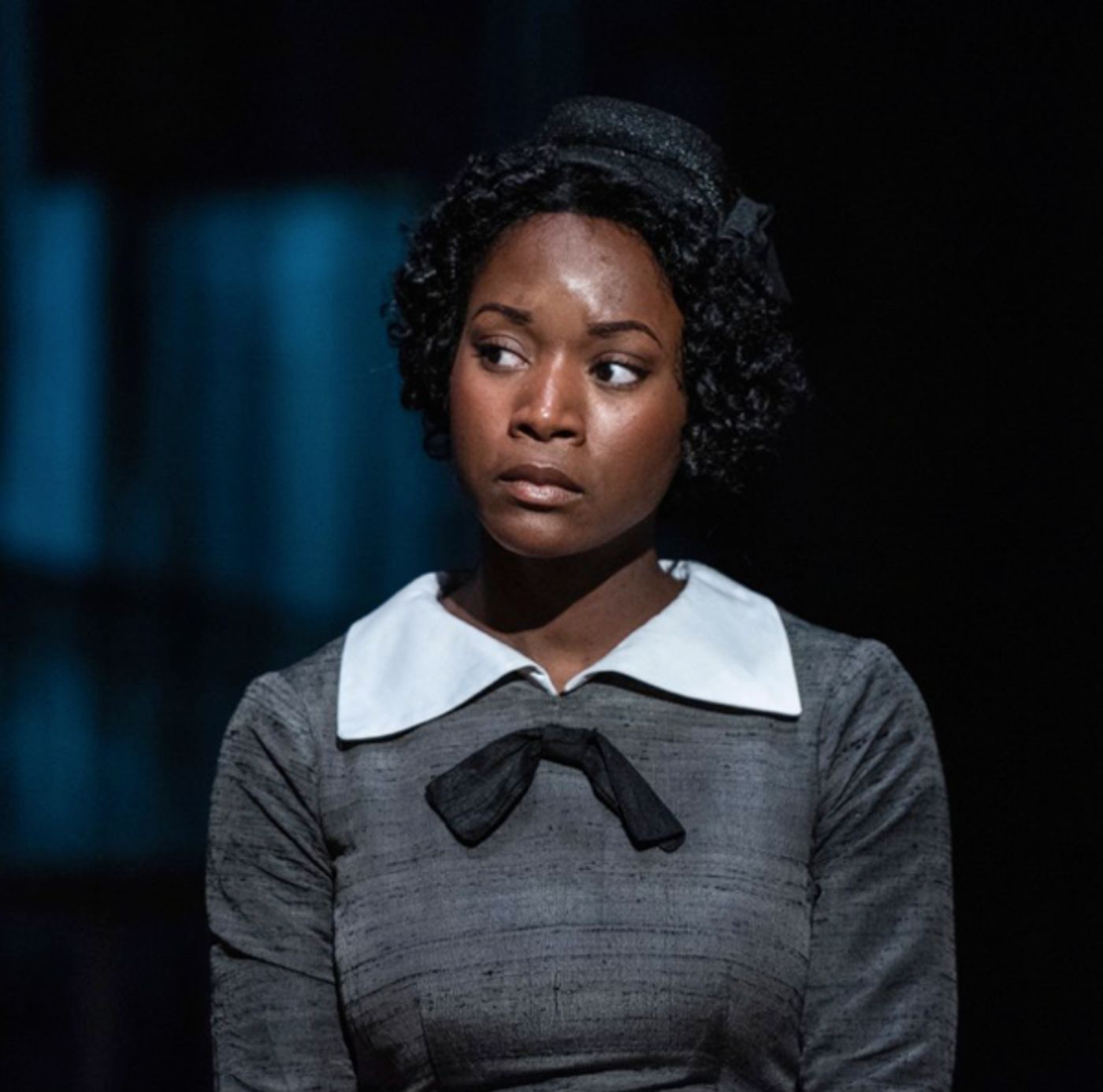
If you were challenged with seeing only one of the three parts, this show is the best for portraying the reality of Emmett Till's story in a stunningly horrifying way. It's such a captivating performance that will leave you with questions and possibly new knowledge that you didn't have before. Reading about or hearing about it is one thing, but seeing everything unfold in the very room you're sitting in is a completely new experience. You will grow attached to the characters and feel every emotion you can imagine. The content can be quite intense and disturbing, as it is like what Mamie felt the world needed to see, so you do need to consider if witnessing this is in your best interest. There was absolutely not a dry eye in the house.
Then came the second part of the first day: That Summer in Sumner. This show illustrates the aftermath of Till's lynching - the trial against his murderers, Roy Bryant and J.W. "Big" Milam. We start with Emmett reintroducing himself as he has what his mother called "seeker dreams." In this piece of the trilogy, we get a summarization of what has occurred to lead into the trial. This is when the puzzle pieces start to come together. At the end of The Ballad of Emmett Till, we see Mamie and Mamoo sitting apart talking as if they were being interrogated. The second show is where we see the full picture - sitting in the courtroom being told to identify Emmett's body. This tactic was utilized many times to bring all three parts of the story together. We are first given the bones of the scene and then later are let in on the rest, whether it's happening inside or outside the person's mind and what exactly is going on.
Now we are introduced to more cast members: Scott Ward Abernethy (Mike Shea, Roy Bryant, Defense Attorney Sidney Carlton, and Mr. Mims), Christopher Genebach (Sheriff Strider, J.W. "Big" Milam, Defense Attorney J.W. Kellum, and Clark Porteous), Drew Kopas (Special Prosecutor Robert B. Smith III and Monroe St. James), and Anna DiGiovanni (Caroline Bryant, JJ Breeland, Bobby Hodges, and Deputy Sheriff Cotham), as well as some previous members with new characters. This expands the lens of the story and gives a more accurate representation of how the case affected those involved.
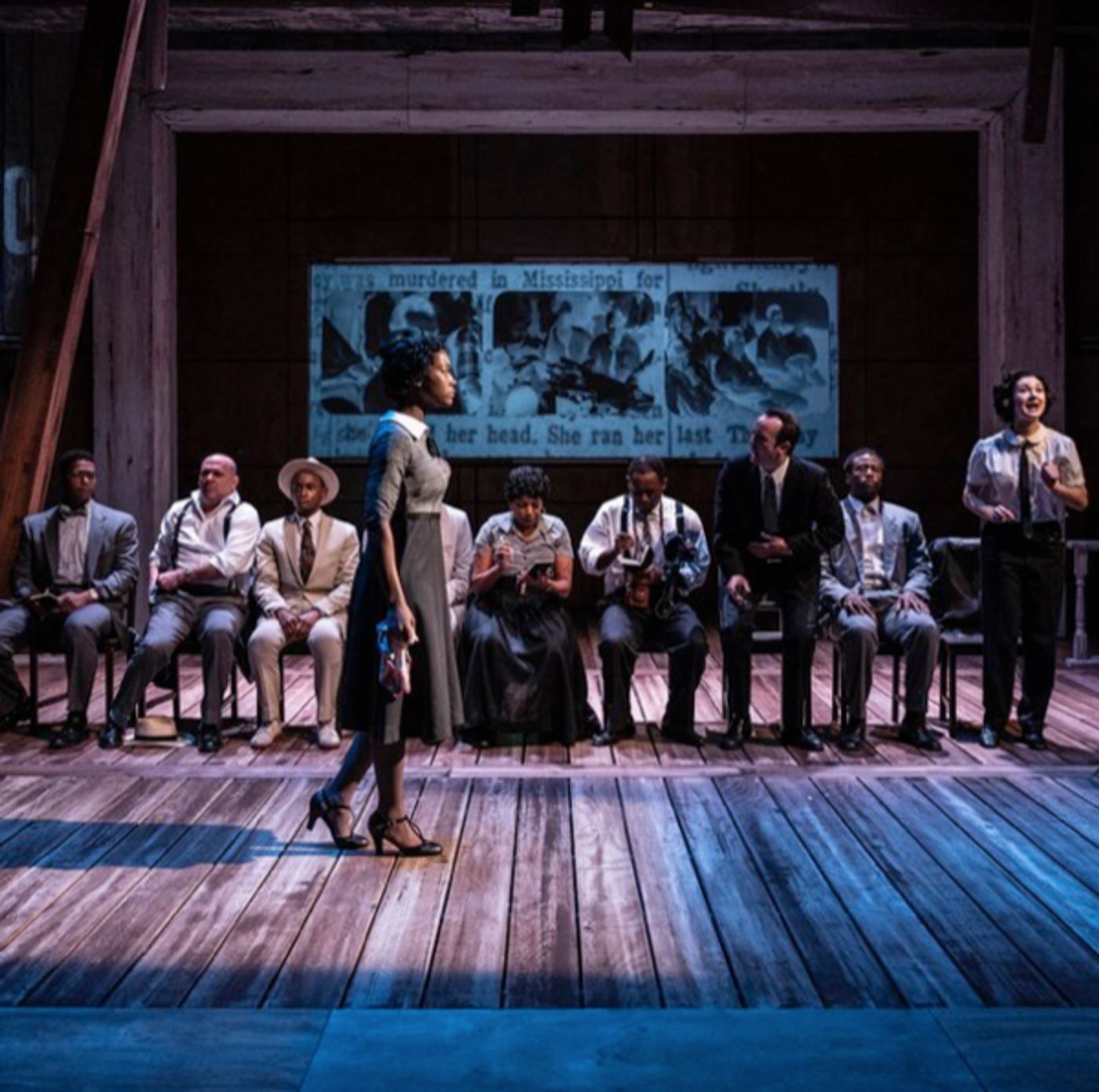
Interestingly, in this trial, Emmett is the judge. He also moves around as a ghost, questioning and noticing things without being seen by any other character. He tends to narrate his own story even though he isn't physically present in the real situation. The irony of having the one person who knows everything about what happened, being the judge who has to go off the evidence presented, is a very interesting and perplexing choice for how to tell the story.
We also get the perspective from those not directly involved with the case - journalists David "Jax" Jackson (played by Vaughn Ryan Midder), Clotye Murdock (played by Rolonda Watts), and Simeon Booker (played by Jaysen Wright). These people are not just journalists looking for a story though, they want to find the truth so that justice can be brought against Emmett's murderers. They realize that this case is a pivotal moment in history and they will do whatever they can to get the story right.
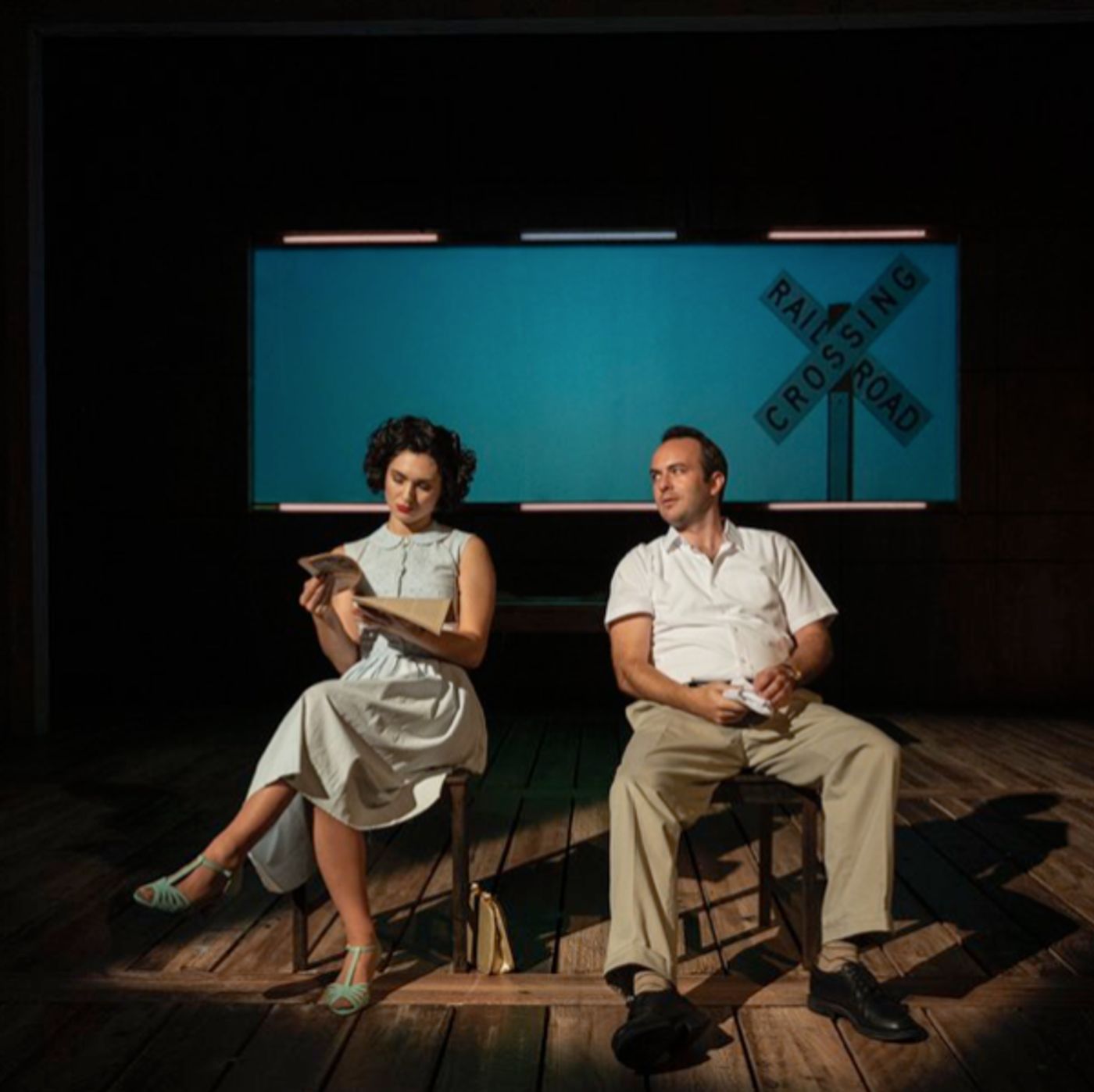
This show gave insight into the reaction and impact of Emmett's murder. We see how tortured his family and those around them are by watching the white perpetrators carry on with their lives. That Summer in Sumner is what bridges the first and last pieces of the trilogy.
The second day, we see how those around Mississippi are affected in Benevolence. Noticeably, Mamie and Emmett are not in this performance. Their stories have been told - now we see how the lynching of one Black boy from Chicago can change lives forever. Anna DiGiovanni (Caroline Bryant) leads us through the first act, showing her perspective from the day she encountered Emmett, to after the trial. You probably wonder, "why would this woman have a young boy lynched?" Beyond the apparent racism, what was the justification for this brutal murder? You do not feel remorse for Bryant, but see more into her story of how this tragedy came to be. Why did she lie in her testimony? What was going through her mind? DiGiovanni brilliantly portrays what may have happened with Caroline Bryant.
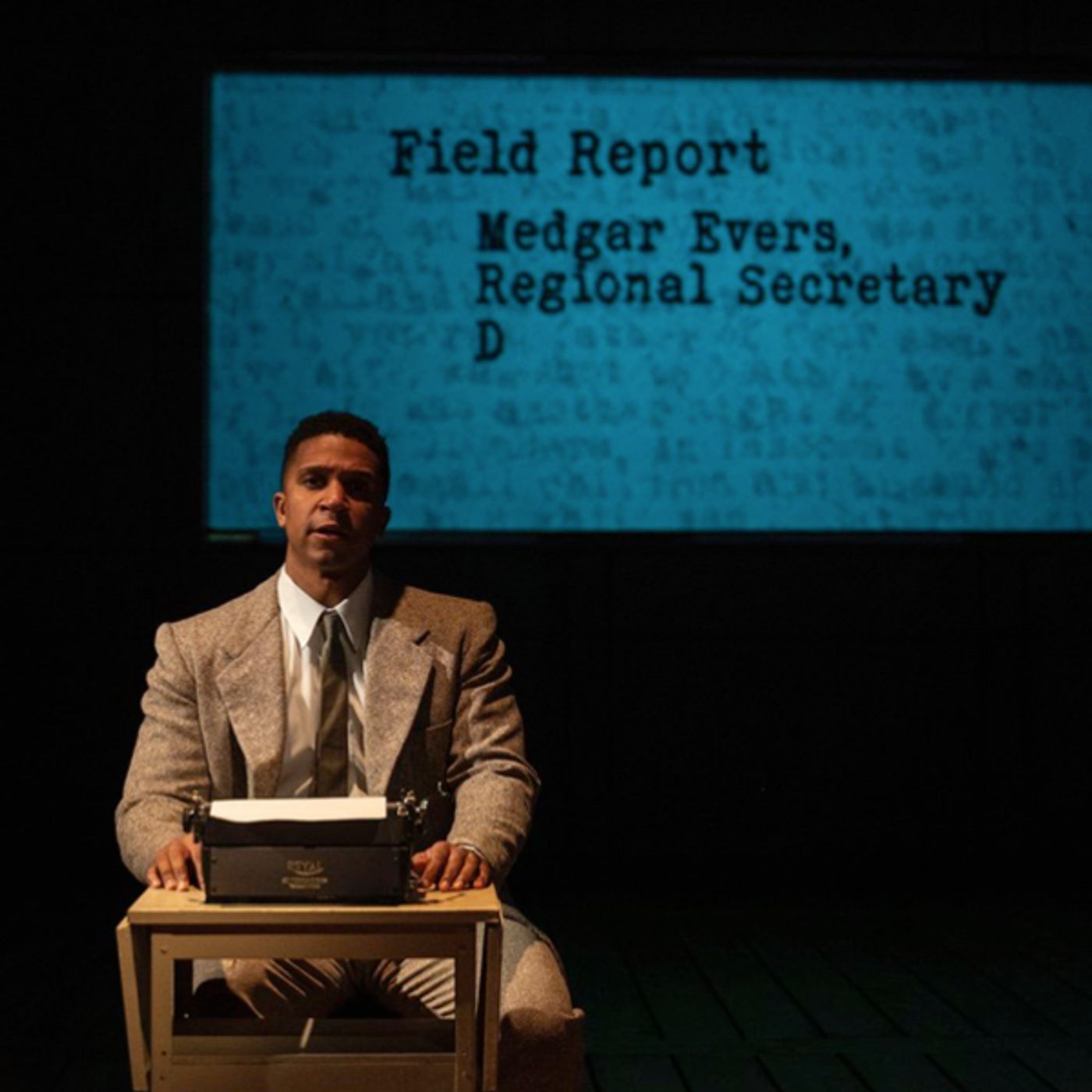
In the second act, we meet Clinton and Beulah Melton (played by Vaughn Ryan Midder and Billie Krishawn). Clinton was present at Emmett's lynching. A Black man watched this Black boy perish. While things were tough at home, things were made even worse after this event. This goes to show how things can affect more than just a few. Emmett Till's death was a wake up call that was not to be forgotten.
The Till Trilogy made me think and learn a lot. This case has always been a difficult one to go through. Witnessing Woodard's Emmett to the end was extremely intense, but in a way, you learn that you need to face the reality instead of using your privilege to hide from it. I strongly encourage anyone who can, to go see at least one if not all three parts of this story. Every single person on the stage gave everything to tell this crucial moment of history. The room was filled with some of the most talented acting I have ever seen and I hope many go to witness it.
The Ballad of Emmett Till runs approximately 90 minutes with no intermission.
That Summer in Sumner runs approximately 150 minutes, with a 15-minute intermission.
Benevolence runs approximately 120 minutes, with a 15-minute intermission.
The Till Trilogy runs through November 4th, 2022 at Atlas Performing Arts Center located at 1333 H St NE, Washington, DC 20002. For more information, click here.
Reader Reviews
Videos
